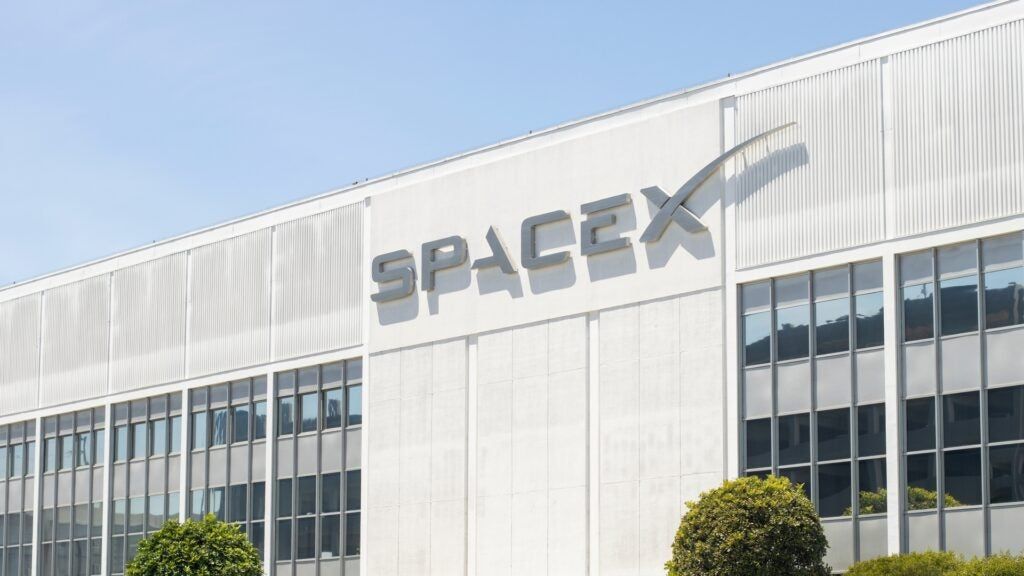SpaceX Hits 10,000 Starlink Satellites—But What’s the Dark Side of This Milestone?










2025-10-19T08:34:09Z

Can you believe SpaceX just blasted its 10,000th Starlink satellite into orbit? On October 19, this epic milestone came alongside a record-breaking launch for Elon Musk's Falcon 9 rocket, which completed its 31st mission like a seasoned pro.
The Falcon 9 took off from Cape Canaveral Space Force Station at 10:52 a.m. EDT, carrying 28 of those shiny Starlink satellites into low Earth orbit. According to satellite tracker Jonathan McDowell, this is a huge step forward for SpaceX in its quest to blanket the world with high-speed internet.
But that’s not all—while we celebrate this achievement, we also have to confront some serious issues. The Falcon 9's first stage, Booster 1067, made a flawless landing on the drone ship named 'A Shortfall of Gravitas' in the Atlantic—a remarkable feat considering it has now completed 31 missions. SpaceX proudly states that each successful landing and reuse of this technology contributes to lowering costs and increasing access to space, which is a game changer for the industry.
Once the upper stage deployed all 28 satellites roughly 64 minutes after liftoff, it added to the nearly 8,610 operational satellites already providing Starlink internet access globally, a number that continues to grow.
However, the excitement is tinged with controversy. Just last week, a bipartisan U.S. Congressional committee initiated an investigation into Musk's Starlink for allegedly aiding scam operations in Myanmar that have reportedly defrauded billions of dollars. Reports surfaced of construction using Starlink services at heavily guarded sites near the Thailand-Myanmar border, raising eyebrows in Washington.
The U.S. Congress Joint Economic Committee is determined to get to the bottom of this and may even summon Musk to testify. On a brighter note, Starlink is broadening its capabilities, now offering continuous video calls, messaging, and data transfer via its new direct-to-cell technology for T-Mobile US subscribers—a service that has already reached 7 million customers across 150 territories!
As Starlink soars to new heights, it's crucial to keep an eye on the ground, where some troubling questions linger about the implications of this rapid expansion.
 Hana Takahashi
Hana Takahashi
Source of the news: inkl